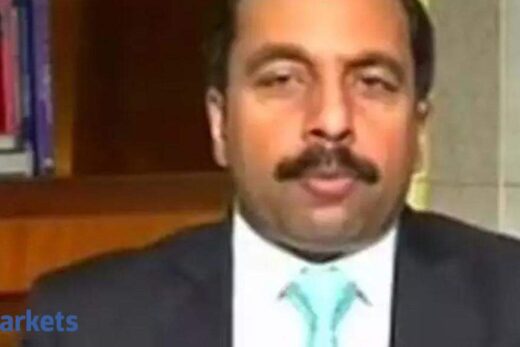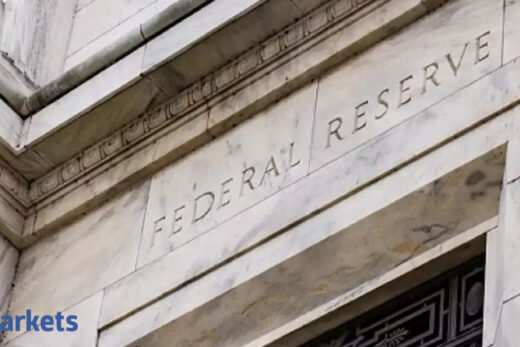Emerging Asia’s central banks are expected to opt for supporting their economic recoveries rather than tackling volatile price swings this year.
All eight emerging Asian economies, including India and Indonesia, are seen holding benchmark interest rates steady through 2021, according to the median forecasts from Bloomberg surveys of economists.
Higher real interest rates will allow some of Asia’s central banks to stand pat, while for others a recent pick-up in inflation is set to moderate. Much depends on the path of global interest rates, and the Federal Reserve’s meeting this week will be keenly watched by the region’s policy makers.
“To support economic recoveries, Asian central banks are expected to maintain their accommodative stance and avoid hinting at future rate hikes,” said Duncan Tan, rates strategist at DBS Banking Group Ltd.
 Bloomberg
BloombergConsidering that recent inflation prints have been elevated, Bangko Sentral ng Pilipinas and Reserve Bank of India seem most likely to hike for inflation reasons, Tan added.
After cutting its key interest rate by 200 basis points last year, the Philippine central bank has held steady since November, even with inflation running above the bank’s 2%-4% goal. The BSP has estimated that average price gains this year would be slightly above target, while Governor Benjamin Diokno has signaled the bank will keep policy on hold while its loose monetary settings work their way through the economy.
“The real policy rate will likely average close to -3% in 2021, and as the economy gradually reopens, even marginal demand-side price momentum would call for a less accommodative policy stance,” said Joseph Incalcaterra, chief Asean economist at HSBC Holdings Plc in Hong Kong.
India, South Korea
For India, which is suffering the world’s worst Covid-19 outbreak, wholesale price inflation quickened in March at its sharpest pace since late 2012, reflecting upward pressure from higher commodity prices and firmer input costs. Meanwhile, consumer prices last month rose 5.52% from the same time last year, beating expectations though still within the Reserve Bank of India’s 2%-6% target range.
South Korea is also a popular pick to be among the first in the region to normalize monetary policy, even if that means waiting until after 2021, as it has carried a relatively lower virus caseload and benefited disproportionately from the global electronics boom.
“We still believe Korea will be one of the earliest to have better progress on its vaccine drive,” said Angela Hsieh, an economist at Barclays Bank Plc in Singapore. “Improved mobility should help support the recovery in private spending and labor market, which is still the missing factor for the Bank of Korea to consider normalization.”
The differing growth and inflation expectations are playing out in markets. Foreign investors net invested a record 9.1 trillion won ($8.2 billion) in South Korean listed debt in March, with rate swaps already pricing in about 100 basis points of hikes over the next three years, making a selloff unlikely. India and Philippines, however, have seen a combined net outflow of more than $4 billion year-to-date in their bond markets, based on the data available.
Much of the emerging Asia policy track will depend on vaccination progress — with many economies suffering from a dearth of supply — and on how quickly some of the region’s economies can damp a recent surges in cases. Meanwhile, their economies are generally better positioned than elsewhere in the emerging-market world, with hearty foreign reserves and thriving goods trade as two buffers that will give central bankers some room to consider normalizing rates.
Analysts are generally reluctant to pin their bets on any one economy as the first hiker in emerging Asia, given the multitude of uncertainties and the generally low-inflation atmosphere. It’s difficult to see Asian central banks being “gung-ho” about raising rates unless they’re battling rapid capital outflows, said Selena Ling, head of Treasury research and strategy at Oversea-Chinese Banking Corp. in Singapore.
Like the Federal Reserve, “an inflation overshoot will be largely perceived as temporary and by itself should not trigger a recalibration” in this region, Ling said. “At this juncture, with the virus mutations and resurgent Covid cases, most would hesitate to be ahead of the curve.”
For bond investors, “it might not be an end of world though,” said Kiyong Seong, an Asia rates strategist at Societe Generale in Hong Kong. “It is quite doubtful if emerging markets central banks will be able to hike their policy rate substantially in this cycle,” he said. “If the market is pricing in a reasonable degree of tightening, bond investors will weather well.”



